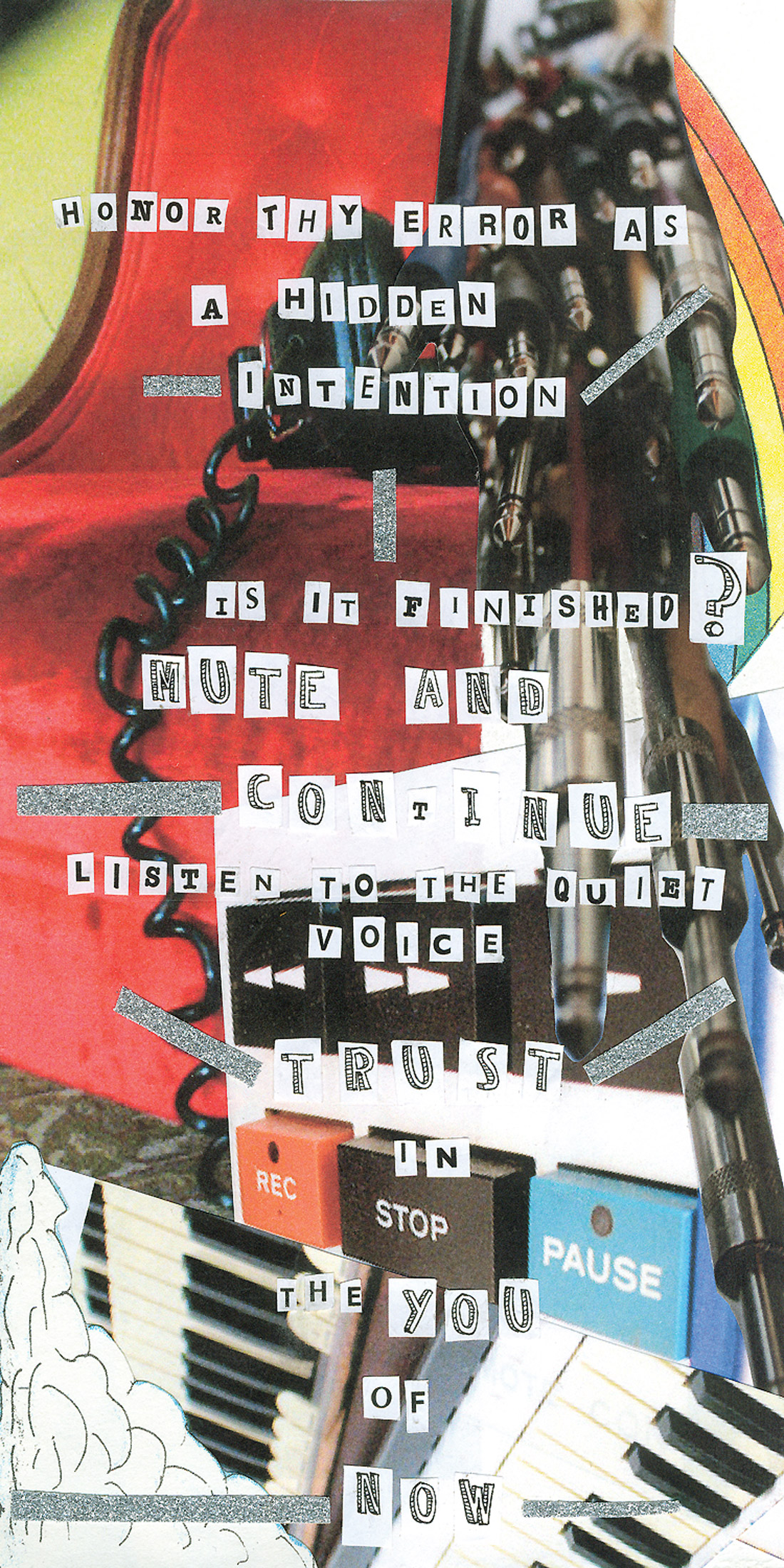As I was nearing the end of one of the bigger album projects I've done this year, I had
this thought: "What is my job?" Now first off, don't get on my case about professional engineer/producer versus "part-time" recording folks. That doesn't matter. In the end it's all about the music that gets captured and presented. Anyone can be part of the album making process regardless of experience, skill or fame. What I mean by "job" is the role a person takes on when they offer to help record someone else's music. What is our responsibility to the artist and the music?
Maybe our job is to protect the art. To shield the artist from outside worries that could derail better performances. To be the cheerleader when someone isn't sure of his or her work. To stop someone when they are nitpicking music that has already reached its peak. To hide technology from the artist in order to keep the flow of a session moving forward.
Many times I've had a client ask me questions like, "So, do we have to lay down drums first to a click and then overdub everything?" or, "Do you always double track the vocals?" Sometimes they are the scarred survivors of some studio nitwit that imposed inappropriate or odd recording choices on their music. ("We gotta record your bluegrass music with MIDI.") Other times they've read (and maybe misunderstood) something in a book or magazine about making records. ("Butch Vig says you have to record with this mic.") Or maybe they've only ever recorded at home, one track at a time. Whatever it is, our job is to inform, educate, support and benefit the people we work with. Anything else is shameful, in my mind.

